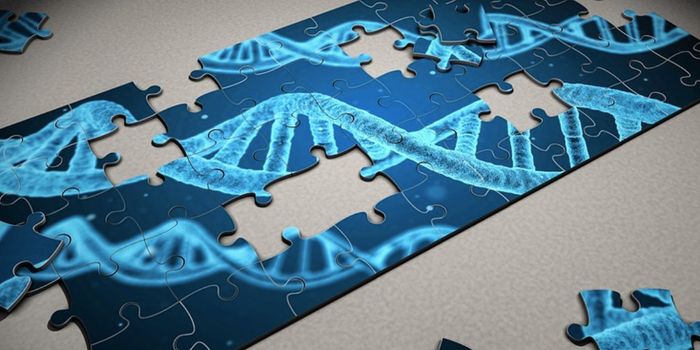Great ape genomes closer to human tumors than human genomes
A new study analyzing cancer from an evolutionary perspective reports that the distribution of mutations in human tumors is more similar to that of chimpanzees and gorillas than that of humans. Its findings were published in Nature Communications by researchers from the Institute of Evolutionary Biology (IBE), a joint center of UPF and the Spanish National Research Council (CSIC).
"To date, it was thought that the genetic differences we find when we compare tumors and healthy humans could be caused by the 'abnormal' way tumors have of accumulating mutations. In fact, we know that tumors rapidly accumulate a large number of mutations and that many of their genome repair mechanisms do not work well", comments first author Txema Heredia-Genestar. "But now, we have discovered that many of these genetic differences have to do with our evolutionary history".
Heredia-Genestar collaborated with Arcadi Navarro, David Juan, and Tomàs Marquès-Bonet to compare evolutionary tumor data from the PanCancer project in order to figure out when in history and where in human and primate genomes mutations accumulate.
"We have seen that the distribution of mutations in the human genome is skewed because of human evolutionary history," Heredia-Genestar explains, referring to historical population declines and bottleneck events seen throughout human history. Ironically, this makes non-human great apes a much better model for understanding how tumors develop at a genetic level.
While a tumor accumulates mutations in the same way that a human cell does, Heredia-Genestar elaborates that "we do not see this in the human genome because we have had such a complicated history that has made our distributions of mutations change, and this has deleted the signals we should have."
"Cancers, like chimpanzees and gorillas, only show the complete mutation landscape of a normal human cell. It is we humans, with our turbulent distant past, who display a distorted distribution of mutations", adds co-leader Navarro, an ICREA research professor at the IBE and full professor at UPF.
The greater meaning behind these findings provides yet another (albeit selfish) reason to prioritize great-ape conservation. The researchers say that analyzing the genomes of non-human great apes could provide insight into crucial information regarding human tumors.
Sources: Nature Communications, Eureka Alert









